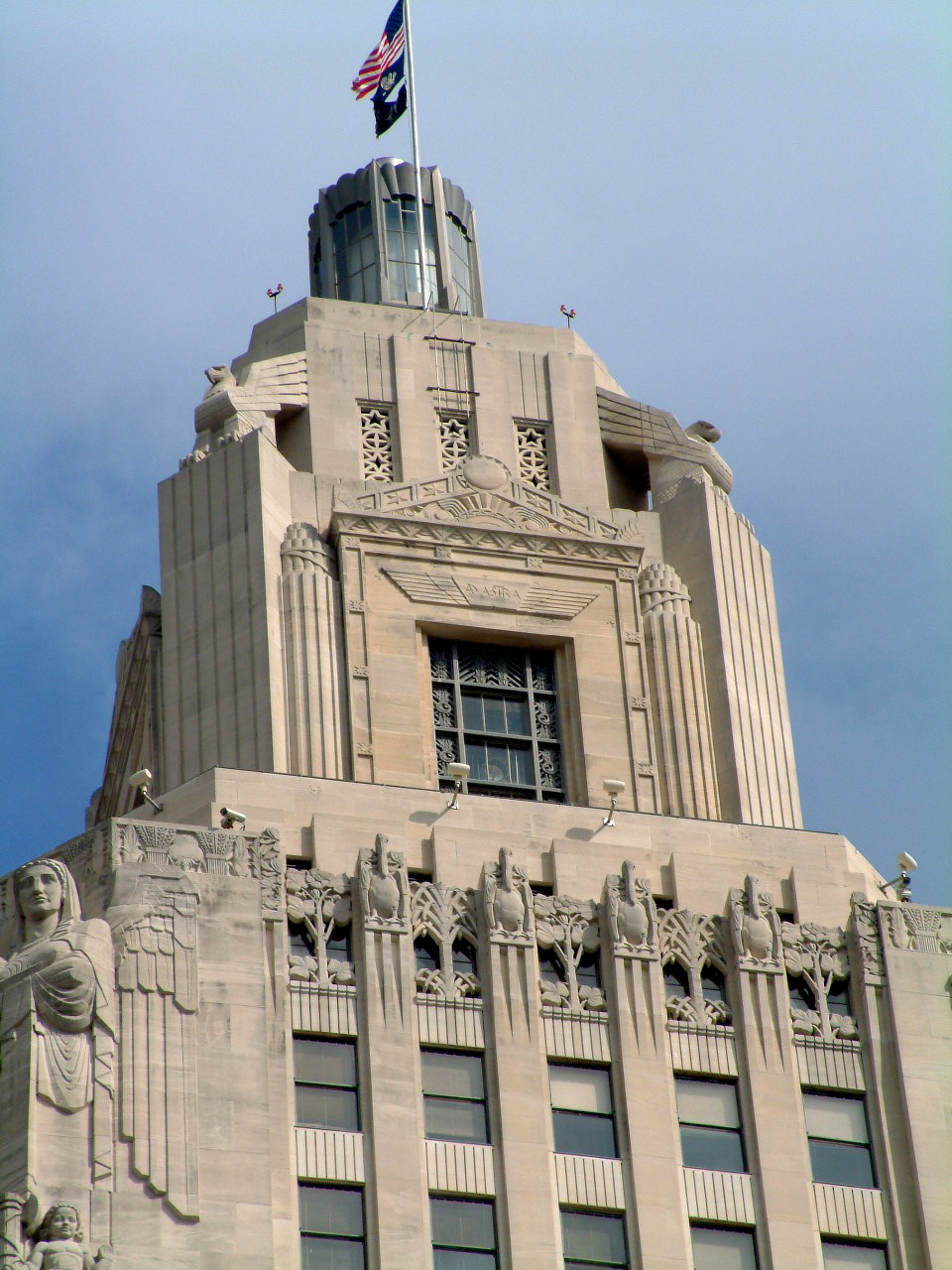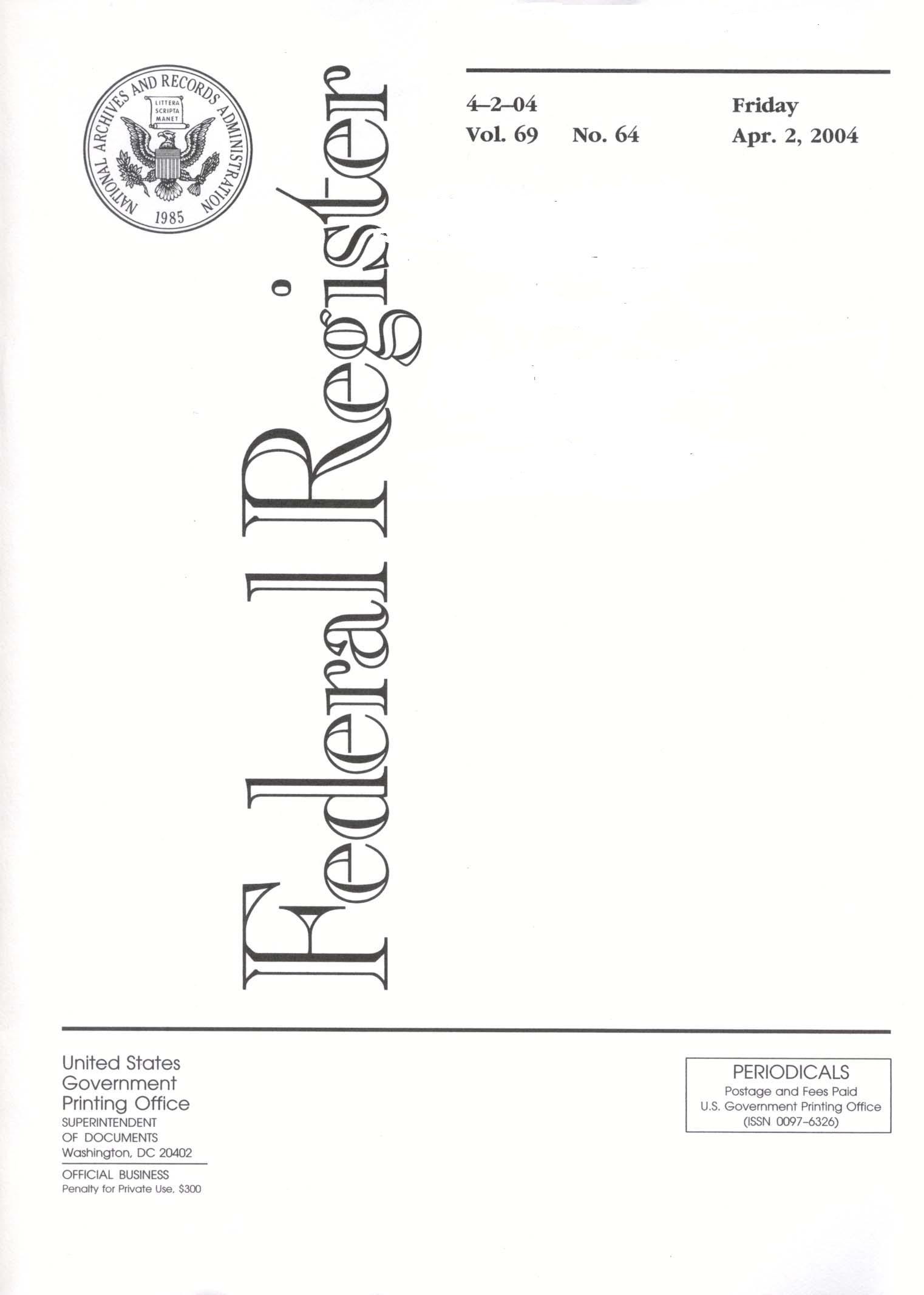|
Law Of Louisiana
Law in the state of Louisiana is based on a more diverse set of sources than the laws of the other 49 states of the United States. Private law—that is, substantive law between private sector parties, principally contracts and torts—has a civil law character, based on French and Spanish codes and ultimately Roman law, with some common law influences. Louisiana's criminal law largely rests on American common law. Louisiana's administrative law is generally similar to the administrative law of the federal government and other states. Louisiana's procedural law is generally in line with that of other U.S. states, which in turn is generally based on the U.S. Federal Rules of Civil Procedure. Sources Legislation The '' Louisiana Revised Statutes'' (R.S.) contain a very significant amount of legislation, arranged in titles or codes. Apart from this, the Louisiana Civil Code' forms the core of private law, the Louisiana Code of Civil Procedure' (C.C.P.) governs civil proce ... [...More Info...] [...Related Items...] OR: [Wikipedia] [Google] [Baidu] |
Louisiana State Capitol Top
Louisiana , group=pronunciation (French: ''La Louisiane'') is a state in the Deep South and South Central regions of the United States. It is the 20th-smallest by area and the 25th most populous of the 50 U.S. states. Louisiana is bordered by the state of Texas to the west, Arkansas to the north, Mississippi to the east, and the Gulf of Mexico to the south. A large part of its eastern boundary is demarcated by the Mississippi River. Louisiana is the only U.S. state with political subdivisions termed parishes, which are equivalent to counties, making it one of only two U.S. states not subdivided into counties (the other being Alaska and its boroughs). The state's capital is Baton Rouge, and its largest city is New Orleans, with a population of roughly 383,000 people. Some Louisiana urban environments have a multicultural, multilingual heritage, being so strongly influenced by a mixture of 18th century Louisiana French, Dominican Creole, Spanish, French Canadian, Acadian, ... [...More Info...] [...Related Items...] OR: [Wikipedia] [Google] [Baidu] |
Private Law
Private law is that part of a civil law legal system which is part of the ''jus commune'' that involves relationships between individuals, such as the law of contracts and torts (as it is called in the common law), and the law of obligations (as it is called in civil legal systems). It is to be distinguished from public law, which deals with relationships between both natural and artificial persons (i.e., organizations) and the state, including regulatory statutes, penal law and other law that affects the public order. In general terms, private law involves interactions between private individuals, whereas public law involves interrelations between the state and the general population. Concept One of the five capital lawyers in Roman law, Domitius Ulpianus, (170–223) – who differentiated ius publicum versus ius privatum – the European, more exactly the continental law, philosophers and thinkers want(ed) to put each branch of law into this dichotomy: Public and Priva ... [...More Info...] [...Related Items...] OR: [Wikipedia] [Google] [Baidu] |
Official Journal
A government gazette (also known as an official gazette, official journal, official newspaper, official monitor or official bulletin) is a periodical publication that has been authorised to publish public or legal notices. It is usually established by statute or official action, and publication of notices within it, whether by the government or a private party, is usually considered sufficient to comply with legal requirements for public notice. Gazettes are published either in print, electronically or both. Publication within privately owned periodicals In some jurisdictions, privately owned newspapers may also register with the public authorities in order to publish public and legal notices. Likewise, a private newspaper may be designated by the courts for publication of legal notices. These are referred to as "legally adjudicated newspapers". See also *List of government gazettes **List of British colonial gazettes *Journals of legislative bodies *Annals *Newspaper of recor ... [...More Info...] [...Related Items...] OR: [Wikipedia] [Google] [Baidu] |
Louisiana Register
Louisiana , group=pronunciation (French: ''La Louisiane'') is a state in the Deep South and South Central regions of the United States. It is the 20th-smallest by area and the 25th most populous of the 50 U.S. states. Louisiana is bordered by the state of Texas to the west, Arkansas to the north, Mississippi to the east, and the Gulf of Mexico to the south. A large part of its eastern boundary is demarcated by the Mississippi River. Louisiana is the only U.S. state with political subdivisions termed parishes, which are equivalent to counties, making it one of only two U.S. states not subdivided into counties (the other being Alaska and its boroughs). The state's capital is Baton Rouge, and its largest city is New Orleans, with a population of roughly 383,000 people. Some Louisiana urban environments have a multicultural, multilingual heritage, being so strongly influenced by a mixture of 18th century Louisiana French, Dominican Creole, Spanish, French Canadian, Acadian, ... [...More Info...] [...Related Items...] OR: [Wikipedia] [Google] [Baidu] |
Louisiana Office Of The State Register
Louisiana , group=pronunciation (French: ''La Louisiane'') is a state in the Deep South and South Central regions of the United States. It is the 20th-smallest by area and the 25th most populous of the 50 U.S. states. Louisiana is bordered by the state of Texas to the west, Arkansas to the north, Mississippi to the east, and the Gulf of Mexico to the south. A large part of its eastern boundary is demarcated by the Mississippi River. Louisiana is the only U.S. state with political subdivisions termed parishes, which are equivalent to counties, making it one of only two U.S. states not subdivided into counties (the other being Alaska and its boroughs). The state's capital is Baton Rouge, and its largest city is New Orleans, with a population of roughly 383,000 people. Some Louisiana urban environments have a multicultural, multilingual heritage, being so strongly influenced by a mixture of 18th century Louisiana French, Dominican Creole, Spanish, French Canadian, Acadian, ... [...More Info...] [...Related Items...] OR: [Wikipedia] [Google] [Baidu] |
Delegated Legislation
Primary legislation and secondary legislation (the latter also called delegated legislation or subordinate legislation) are two forms of law, created respectively by the legislative and executive branches of governments in representative democracies. Primary legislation generally consists of statutes, also known as 'acts', that set out broad outlines and principles, but delegate specific authority to an executive branch to make more specific laws under the aegis of the principal act. The executive branch can then issue secondary legislation (often by order-in-council in parliamentary systems, or by regulatory agencies in presidential systems), creating legally enforceable regulations and the procedures for implementing them. Australia In Australian law, primary legislation includes acts of the Commonwealth Parliament and state or territory parliaments. Secondary legislation, formally called legislative instruments, are regulations made according to law by the executive or judi ... [...More Info...] [...Related Items...] OR: [Wikipedia] [Google] [Baidu] |
Louisiana Administrative Code
Louisiana , group=pronunciation (French: ''La Louisiane'') is a state in the Deep South and South Central regions of the United States. It is the 20th-smallest by area and the 25th most populous of the 50 U.S. states. Louisiana is bordered by the state of Texas to the west, Arkansas to the north, Mississippi to the east, and the Gulf of Mexico to the south. A large part of its eastern boundary is demarcated by the Mississippi River. Louisiana is the only U.S. state with political subdivisions termed parishes, which are equivalent to counties, making it one of only two U.S. states not subdivided into counties (the other being Alaska and its boroughs). The state's capital is Baton Rouge, and its largest city is New Orleans, with a population of roughly 383,000 people. Some Louisiana urban environments have a multicultural, multilingual heritage, being so strongly influenced by a mixture of 18th century Louisiana French, Dominican Creole, Spanish, French Canadian, Acadian, ... [...More Info...] [...Related Items...] OR: [Wikipedia] [Google] [Baidu] |
Louisiana Register January 2015
Louisiana , group=pronunciation (French: ''La Louisiane'') is a state in the Deep South and South Central regions of the United States. It is the 20th-smallest by area and the 25th most populous of the 50 U.S. states. Louisiana is bordered by the state of Texas to the west, Arkansas to the north, Mississippi to the east, and the Gulf of Mexico to the south. A large part of its eastern boundary is demarcated by the Mississippi River. Louisiana is the only U.S. state with political subdivisions termed parishes, which are equivalent to counties, making it one of only two U.S. states not subdivided into counties (the other being Alaska and its boroughs). The state's capital is Baton Rouge, and its largest city is New Orleans, with a population of roughly 383,000 people. Some Louisiana urban environments have a multicultural, multilingual heritage, being so strongly influenced by a mixture of 18th century Louisiana French, Dominican Creole, Spanish, French Canadian, Acadian, ... [...More Info...] [...Related Items...] OR: [Wikipedia] [Google] [Baidu] |
Juvenile Court
A juvenile court, also known as young offender's court or children's court, is a tribunal having special authority to pass judgements for crimes that are committed by children who have not attained the age of majority. In most modern legal systems, children who commit a crime are treated differently from legal adults that have committed the same offense. Industrialized countries differ in whether juveniles should be tried as adults for serious crimes or considered separately. Since the 1970s, minors have been tried increasingly as adults in response to "increases in violent juvenile crime". Young offenders may still not be prosecuted as adults. Serious offenses, such as murder or rape, can be prosecuted through adult court in England. However, as of 2007, no United States data reported any exact numbers of juvenile offenders prosecuted as adults. In contrast, countries such as Australia and Japan are in the early stages of developing and implementing youth-focused justice in ... [...More Info...] [...Related Items...] OR: [Wikipedia] [Google] [Baidu] |
Family Law
Family law (also called matrimonial law or the law of domestic relations) is an area of the law that deals with family matters and domestic relations. Overview Subjects that commonly fall under a nation's body of family law include: * Marriage, civil unions, and domestic partnerships: ** Entry into legally recognized spousal and domestic relationships ** The termination of legally recognized family relationships and ancillary matters, including divorce, annulment, property settlements, alimony, child custody and visitation, child support and alimony awards **Prenuptial and Postnuptial agreements * Adoption: proceedings to adopt a child and, in some cases, an adult. * Surrogacy: the law and process of giving birth as a surrogate mother * Child protective proceedings: court proceedings that may result from state intervention in cases of child abuse and child neglect * Juvenile law: Matters relating to minors including status offenses, delinquency, emancipation and juvenile ... [...More Info...] [...Related Items...] OR: [Wikipedia] [Google] [Baidu] |
Evidence (law)
The law of evidence, also known as the rules of evidence, encompasses the rules and legal principles that govern the proof of facts in a legal proceeding. These rules determine what evidence must or must not be considered by the trier of fact in reaching its decision. The trier of fact is a judge in bench trials, or the jury in any cases involving a jury. The law of evidence is also concerned with the quantum (amount), quality, and type of proof needed to prevail in litigation. The rules vary depending upon whether the venue is a criminal court, civil court, or family court, and they vary by jurisdiction. The quantum of evidence is the amount of evidence needed; the quality of proof is how reliable such evidence should be considered. Important rules that govern admissibility concern hearsay, authentication, relevance, privilege, witnesses, opinions, expert testimony, identification and rules of physical evidence. There are various standards of evidence, standards sh ... [...More Info...] [...Related Items...] OR: [Wikipedia] [Google] [Baidu] |






